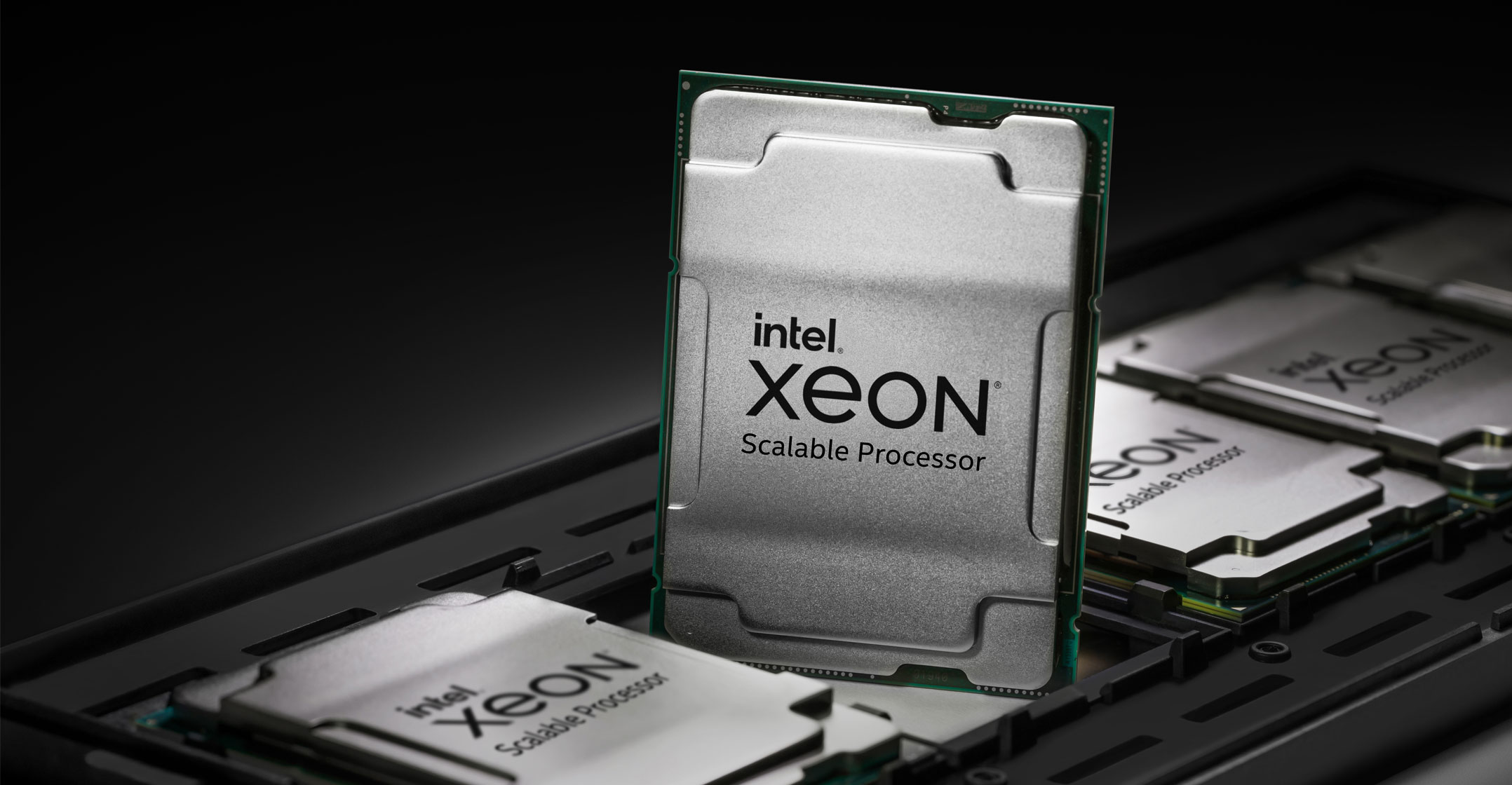 Huawei Technologies is in advanced talks to sell its x86 server business after the US blacklisting of the company made it difficult to secure processors from Intel, the latest blow to the Chinese technology giant from American sanctions, according to people familiar with the matter.
Huawei Technologies is in advanced talks to sell its x86 server business after the US blacklisting of the company made it difficult to secure processors from Intel, the latest blow to the Chinese technology giant from American sanctions, according to people familiar with the matter.
The Shenzhen-based company is selling the server business to a consortium that includes at least one government-backed buyer, the people said, asking not to be identified because the negotiations aren’t public. The precise value of the deal couldn’t be learned, but it’s likely billions of yuan, they said.
Several potential buyers from government and the private sector emerged in recent months. Henan Information Industry Investment Co, a Zhengzhou-based state-owned firm that has been a partner of Huawei’s server business, is a leading player, one of the people said. Consumer electronics maker Huaqin Technology Co and an asset management company representing the Hubei provincial government, are involved in the talks, the people said. It’s unclear if the companies are bidding separately or as part of the same consortium.
Huawei declined to comment. The potential buyers didn’t respond to requests for comment.
Huawei, once a national champion with dominant positions in mobile phones and communications equipment, has had to overhaul operations since the Trump administration began a sweeping campaign against the company in 2018. The company sold its smartphone brand Honor to a consortium led by the Shenzhen government for an undisclosed amount a year ago because the US banned American companies like Qualcomm from supplying certain components, including 5G chips, to Huawei.
The export restrictions have taken a financial toll. Huawei just reported that third-quarter revenue slumped 38% to C¥135-billion (US$21.2-billion), the fourth straight quarterly decline in sales. Company rotating chairman Guo Ping said in a statement that enterprise businesses were stable while its consumer divisions have been “significantly impacted”.
Not core
The x86 server line was not a core business for Huawei. The company has developed its own servers for its cloud computing business, powered by ARM-based processors that use Huawei’s Kunpeng technology.
Huawei has forged a strong business relationship with government-backed companies in Henan. Huanghe Kunpeng, an arm under Henan Information Industry Investment, has been using Huawei’s Kunpeng processors to develop server and personal computers. Huawei recently set up a subsidiary called Xfusion in the provincial capital Zhengzhou to grow businesses related to Kunpeng-based technologies, according to the people.
Separating the x86 business may give it more opportunity for growth. The Honor smartphone group said its split from Huawei enabled it to resume business ties with major suppliers because export restrictions doesn’t apply to the company. — (c) 2021 Bloomberg LP

